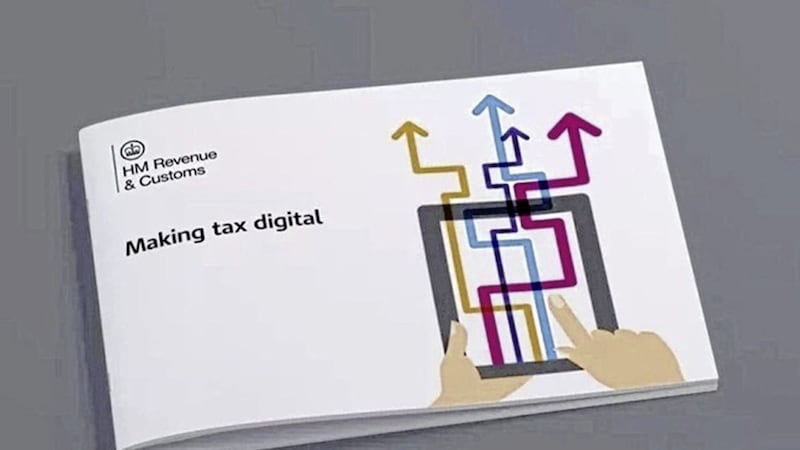QUESTION: I am self-employed, and my business has an April 30 accounting date. I have heard that there may be a change to the way in which I pay my tax. Can you explain what the potential changes are and when it is likely to happen?
ANSWER: As a self-employed individual, you currently pay tax based on what is known as the ‘current year basis’ of assessment.
In the 1990s, the basis of assessment to taxation of unincorporated business profits was moved from what was known as the ‘preceding year basis’ of assessment to the current year basis of assessment. As you have an April 30 financial year end, you pay income tax based on the financial year ending in the tax year. This is very confusing because the UK income tax year ends on April 5 and therefore you will pay tax on the profits for the year ended April 30 2021 in the 2021/22 tax year.
The tax due on these profits is due in two instalments which are in January and July 2022 and therefore there is a 15-month delay between your financial year end and the final payment of your income tax bill, in fact if you have a balancing payment to make, that delay could extend almost two years.
This is clearly unfair compared with a similar business that has a March 31 year end which pays its first instalment of tax two months before its year end and its second instalment four months after its year end.
For these reasons therefore the Government undertook a review and in July of this year it announced that unincorporated businesses will move to a new basis of assessment called the ‘Tax Year Basis (TYB). The Government is doing this to make the transition to its new Making Tax Digital (MTD) for income tax in April 2023 a smoother process.
The timeline for all of this to happen is very short and the implementation will take place in the 2023/24 tax year with next year, the 2022/23 tax year being the transition year. Most unincorporated business owners have no idea that this is happening, and many will ‘sleepwalk’ into a very significant income tax bill because to move a business with an April 30 year end on to the TYB requires effectively taxing almost two years profits in one year.
In the 2022/23 tax year therefore you will have to pay tax on your business profits for the year ended April 30 2022 along with 11 months of the profits for the year ended April 30 2023. You will be able to offset a relief known as overlap relief however if your business profits are relatively steady there will be a significant increase in the amount of tax that you have to pay.
The Government has provided a measure of relief in that the excess tax above what you would have paid under the existing arrangements can be spread over five years, however the ability to avail of this five-year spread is determined by a complex calculation.
From 2023/24 onwards if you chose to retain an April 30 year-end then you will require two sets of accounts to be able to work out the profits that are specifically attributable to the tax year which will now move from April 5 back to March 31 in line with the corporation tax year.
The businesses that are going to be affected the most by this change are those unincorporated businesses that generate very significant profits. These will include the very large professional partnerships. Many of these businesses rely on the fact that they are always in effect a year behind in their tax payment to fund a large part of their working capital and they may have to organise additional funding facilities to cope with the cash flow change that this change to the TYB will force.
It is estimated that the change to the TYB will generate a windfall of several billion as an estimated 500,000 taxpayers will be affected by it. Although it is still a consultation it is highly likely that the change will be implemented by the Government as it would also assist with funding the Covid-19 pandemic via the initial windfall as well as accelerating future tax payments.
:: Paddy Harty (p.harty@pkffpm.com) is a senior tax director at PKF-FPM (www.pkffpm. com). The advice in this column is specific to the facts surrounding the question posed. Neither the Irish News nor contributors accept any liability for any direct or indirect loss arising from any reliance placed on replies.








